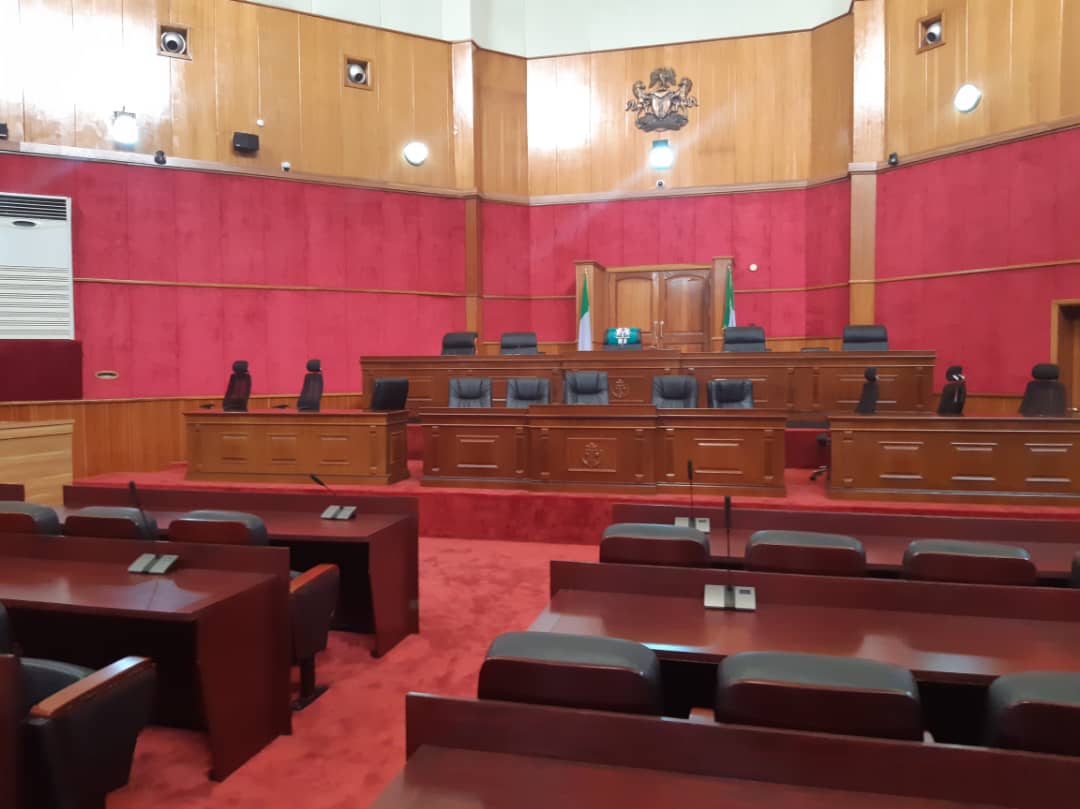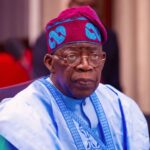I doubt that the judiciary would be able to settle the deep disagreements between Nigerians about the outcome of the 2023 elections, especially the result of the presidential election.
For some, Bola Tinubu proved his mettle of being a great political actor by securing a nomination where the odds were stacked heavily against him and obtaining sufficient support among political gladiators and citizens to win the presidency. Others think the evidence is clear that Peter Obi won but the results were changed and the evidence is found in the non-transmission of results on the IReV portal because had the process been followed, the evidence of the Obi victory would have been clear. Poor Atiku Abubakar who came second in the race as shown in the official results is largely missing from a lot of the on-going passionate debate and is assumed not to be a factor for reasons that are not clear to me. Every day, there are widespread public debates on the unfolding case at the election tribunal on how the evidence shows clearly that Tinubu or Obi won. Both lawyers and non-lawyers are engaged in the production of the running bifurcated narratives.
I watched the television appearance of my good friend, INEC National Commissioner Festus Okoye, when he tried to explain the INEC view of what transpired in the election. I was not surprised at the steady stream of insults and ridicule he has been subjected to, especially for not being able to explain the content of the glitch (malfunction, says the dictionary) that led to the non-transmission of the results. The INEC leadership team will without doubt carry the glitch blame for the rest of their lives even if it should be expected that they might not want to go into details in the middle of a judicial process.
My view is that crunching the election numbers cannot be expected to resolve the issue of the winner, after all the bifurcation occurred before the elections with different sides seeking to prove that opinion polls show their side was about to win. The problem is that most observers have already made their judgment from the very beginning, so judicial outcomes will change nothing in the minds of many who will believe that they have been bulkachuwared by the judges, to use a recently invented Nigerian word that is pregnant with meaning.
These Nigerians have been comforted by the recently released report of the European Union that the 2023 general elections did not ensure a well-run transparent, and inclusive democratic process as assured by the Independent National Electoral Commission (INEC). The report also emphasised the non-transmission of presidential results as the basis that justifies loss of trust and confidence in the process. I agree that public confidence and trust in INEC have been severely damaged during the presidential poll and the electoral body has to make a major effort to reclaim its credibility. My view is that we should give them the benefit of the doubt. INEC has promised a thorough investigation and review of the 2023 elections and while awaiting that, the academic community and the media should continue their own review and analysis of what happened and how. I have always argued from the very beginning that a lot of things happened during the elections, some good and some bad, that we should seek to understand and rushing to definitive early judgment might not be the best approach.
Let us not forget that we had great concern in the period leading to the elections that insecurity was so severe that it would compromise the entire process. As it turned out, the elections were held all over the country and were largely peaceful. Even the Naira redesign policy that disappeared cash from the pockets of Nigerians and widespread fuel shortages did not disrupt the elections. Observer reports indicated that the accreditation of voters using the Bimodal Voter Accreditation System (BVAS) had a success rate of over 90 per cent much better than the Smart Card used during the 2019 General Election.
The elections have also deepened Nigeria’s multiparty democracy and broadened the political arena in a very profound manner. Five different political parties have produced state governors, seven parties won senatorial seats, while eight parties are represented in the House of Representatives and nine parties in State Houses of Assembly. This is the broadest party representation we have had in the Fourth Republic. In some states around the country, different political parties control the legislative and executive arms of government. We have moved away from the two-party dominant system that had developed previously and Nigerians have clearly secured broader political choice which is important in deepening democracy.
The terrible trends that emerged from the election are hate messaging, voter suppression and vote buying. If today, there is a bifurcated country in terms of personal judgments of who won or lost the presidency, it is because of massive ethno-religious hate messaging that characterized the campaign. Identity politics and its manipulation reached its zenith during the campaign and such behaviour has not abated. The weaponisation of hate speech into political violence in aid of voter suppression has traumatised too many Nigerians who have seen their civic rights challenged in a very direct manner. We must all advocate for an immediate end to such behaviour. The other troubling element of the election was that in spite of the currency shortage vote buying was very high and where candidates could not secure cash, they used goods to pay voters. The danger of such behaviour is transforming citizens into co-conspirators and destroying their civic rights, their mandate. These negative elements of the elections must occupy centre stage in the proposed review of the 2023 elections. What would lead to the improvement of the next electoral cycle would be our ability to address these challenges and not the verdict that would be announced by the judiciary, an institution that has also lost a lot of its credibility.

 Join Daily Trust WhatsApp Community For Quick Access To News and Happenings Around You.
Join Daily Trust WhatsApp Community For Quick Access To News and Happenings Around You.


